Photographs: Reuters
The United States has expressed concerns about the ills that continue to hound India year after year in its latest annual Country Reports on Human Rights Practices released by Secretary of State John Kerry on Thursday.
Here are some highlights of the report:
Communal Disharmony
“Societal violence based on religion continued to be a concern. According to the Ministry of Home Affairs’ annual report, 91 persons died in altercations between religious communities, and more than 485,000 persons were displaced in 2011.”
The report talked about last year's communal violence in the Muzaffarnagar area of Uttar Pradesh that led to 65 reported deaths, 42,000 persons displaced, hundreds of injuries during the months of August and September.
"The violence started with a sexual harassment incident between a Muslim man and a Hindu Jat woman and escalated following a political meeting of officials and others from more than 300 local villages during the weekend of September 7-8," it said.
...
Grim Gujarat
Image: Gujarat's chief minister Narendra Modi speaks during the "Vibrant Gujarat Summit" at Gandhinagar in Gujarat January 12Photographs: Amit Dave/Reuters
The report says that “a decade after the 2002 communal riots in Gujarat, the 2013 Study on Internally Displaced Persons of India by the Centre for Social Justice reported 3,964 internally displaced families in 86 settlements in Gujarat, all of them Muslim”
"Civil society activists continue to express concern about the Gujarat government's failure to protect the population or arrest many of those responsible for communal violence in 2002 that resulted in the killings of more than 1,200 persons, the majority of whom were Muslim, although there was progress in several court cases," the report said.
"The Gujarat government appointed the Nanavati-Mehta Commission to investigate the 2002 violence. In December, the Gujarat government granted an extension for the 21st time, extending the commission to June 30, 2014," it said.
The State Department said the Gujarat government withdrew its consent to seek the death penalty for former minister Maya Kodnani and others convicted in the 2002 Naroda Patiya violence that killed 97 Muslims. The investigating agency questioned the Gujarat government's move in a petition in the Supreme Court in June.
Kodnani, the first senior politician to be convicted for 2002 violence, was sentenced to a 28-year jail term for her involvement in the post-Godhra riots case.
...
Corruption
Photographs: Reuters
There is widespread corruption in India in all levels of the government, including judiciary, said a US Congress-mandated report.
"Corruption was widespread," said the annual Country Reports on Human Rights Practices for 2013 released on Thursday by US Secretary of State John Kerry.
According to the report, though the law provides criminal penalties for official corruption, the Indian government did not implement the law effectively, and officials frequently engaged in corrupt practices with impunity.
"Corruption was present at all levels of government. The CBI registered 583 cases of corruption between the months of January and November.
"The Central Vigilance Commission received 7,224 cases in 2012. Of those, 5,528 were received in 2012 and an additional 1,696 remained from 2011. The commission recommended action on 5,720 cases," the report said.
"The CVC operated a toll-free hotline to lodge complaints and a web portal to share information. NGOs noted that bribes typically were paid to expedite services, such as police protection, school admission, water supply, or government assistance," it said.
Click on NEXT to read further...
Judiciary, Overburdened and Corrupt
Photographs: Reuters
The State Department said the law provides for an independent judiciary, and the government generally respected judicial independence, although "judicial corruption" was widespread.
"The judicial system remained seriously overburdened and lacked modern case management systems, often delaying or denying justice. In August, Law Minister Kapil Sibal stated that there were three vacancies on the Supreme Court and 275 vacancies on the high courts," it said.
"Vacancies in the subordinate judiciary were also alarming, with more than 3,700 positions to be filled in the states. The law minister attributed lengthening delays of cases in courts to the vacancies," the report said.
...
Insurgency and Naxalism
Photographs: Reuters
The US report slammed terrorists in Jammu-Kashmir and Northeast and naxalite groups in central India for indulging in gross violation of human rights.
"Insurgents were responsible for numerous cases of kidnapping, torture, rape, extortion, and the use of child soldiers," said the report.
The report added, “Internal Displacement Monitoring Centre estimated that 540,000 persons were displaced due to conflict in Jammu and Kashmir, the northeastern states, and the naxalite belt.”
Violence between ethnic groups in the states of Assam, Manipur, and Mizoram displaced an unknown number of persons during the year, and more than 115,000 internally displaced persons (IDPs) remained from previous incidents of communal violence dating back to 1993, it said.
In central and eastern India armed conflicts between Naxalite (Maoist) insurgents and government security forces over land and mineral resources in tribal forest areas continued, affecting 182 of the country's 626 districts in 20 of its 28 states.
Statistics posted in March by the International Displacement Monitoring Centre (IDMC), operated by the Norwegian Refugee Council and the United Nations, reported at least 148,000 IDPs in the Naxalite conflict areas, mostly located in the states of Chhattisgarh and Andhra Pradesh.
...
Rights Abuse and Fake Encounters
Photographs: Reuters
“During the year the country’s armed forces, individual states’ security forces, and paramilitary forces continued to engage in armed conflict with insurgent groups in Jammu and Kashmir, in several northeastern states, and with Naxalite (Maoist) insurgents in the central and eastern parts of the country.”
“There were reports that government security forces committed extrajudicial killings, including staging encounter killings to cover up the deaths of captured militants. Human rights groups claimed that police refused to turn over bodies in cases of suspected staged encounters. The armed forces were not required to report custodial deaths to the NHRC.”
“Investigations and prosecutions of human rights violations arising from internal conflicts remained slow and few in number. NGOs reported that the armed forces continued to kill civilians with impunity provided under the AFSPA in Jammu and Kashmir.”
...
Women's Safety
Image: A demonstrator holds a placard as she attends a candlelight vigil to mark the anniversary of Delhi gang rape, in New DelhiPhotographs: Reuters
The US report states: "Official statistics pointed to rape as the country’s fastest growing crime. The NCRB reported 24,923 cases of rape nationwide in 2012, the latest year for which data were available. Observers considered rape an underreported crime."
"Law enforcement and legal avenues for rape victims were inadequate, overtaxed, and unable to address the problem effectively. Law enforcement officers sometimes worked to reconcile rape victims and their attackers, in some cases encouraging female rape victims to marry their attackers."
"Doctors sometimes further abused rape victims who reported the crimes by using the “two-finger test” to speculate on their sexual history. The Supreme Court ruled in May that this practice violated the rape victim’s right to privacy and asked the government to provide better alternatives."
"Police officials, especially in smaller towns, were reluctant to register cases of crimes against women, especially if the cases were against influential persons. For example, authorities did not immediately take Asaram Baput, a high-profile Hindu leader, into custody, despite the fact that a minor made formal allegations of sexual assault against him."
...
Domestic Violence
Image: An Indian housewife speaks on her mobile phone as she sits outside her home in MumbaiPhotographs: Getty Images
“Although the law also provides women with the right to police assistance, legal aid, shelter, and medical care, domestic abuse remained a serious problem. Lack of law enforcement safeguards and pervasive corruption limited the effectiveness of the law,” the report said.
"The National Family Health Survey revealed that more than 50 percent of women reported experiencing some form of violence in their home. The NCRB reported that in 2012 there were 106,527 reported cases of “cruelty by husband and relatives,” an increase of more than 7.4 percent from the previous year."
"Advocates reported that many women refrained from reporting domestic abuses due to social pressures. Available data from the NCRB showed that Tamil Nadu had the highest level in the country of cases of domestic violence: it registered 3,838 in 2012. According to NGOs the empowerment of women and better reporting resulted in higher numbers of domestic violence cases in Tamil Nadu."
Honour Killing
Image: Villagers sit after attending a panchayat, or village council meeting, at Balla village in HaryanaPhotographs: Reuters
"Honour killings continue to be a problem, especially in Punjab, Uttar Pradesh, and Haryana, where as many as 10 percent of all killings were honour killings."
"These states also had low female birth ratios due to gender-selective abortions. In some cases, the killings resulted from extrajudicial decisions by traditional community elders, such as “khap panchayats,” unelected caste-based village assemblies that have no legal authority."
"Statistics for honour killings were difficult to verify, since many killings were unreported or passed off as suicide or natural deaths by family members. NGOs estimated that at least 900 such killings occurred annually in Haryana, Punjab, and Uttar Pradesh alone."
"The most common justification for the killings offered by those accused or by their relatives was that the victim married against her family’s wishes. For example, in January, the parents of a 21-year-old woman in Sangrur District, Punjab, killed their daughter because she intended to marry a man of her choice."
Click on NEXT to go further...
Caste Bais
Photographs: Reuters
"The Ministry of Home Affairs’ 2012-13 annual report noted 33,719 cases of registered crimes against SC members in 2011, compared with 32,712 cases in 2010. The report also noted that 4,247 Dalits were hurt in various incidents, and 9,086 persons were convicted of crimes against Dalits in 2012, according to NCRB records."
"Although the law protects Dalits, they faced violence and significant discrimination in access to services, such as health care, education, temple attendance, and marriage. Many Dalits were malnourished. Most bonded laborers were Dalits. Dalits who asserted their rights often were attacked, especially in rural areas."
"As agricultural labourers for higher-caste landowners, Dalits often worked without remuneration. Reports from the UN’s Committee on the Elimination of Racial Discrimination described systematic abuse of Dalits, including extrajudicial killings and sexual violence against Dalit women."
"Crimes committed by upper-caste Hindus against Dalits often went unpunished, either because authorities failed to prosecute perpetrators or because victims did not report crimes due to fear of retaliation. NGOs reported widespread discrimination, including that Dalits were often not permitted to walk on public pathways, wear footwear, access water from public taps in upper-caste neighbourhoods, participate in some temple festivals, bathe in public pools, or use some cremation grounds."
"NGOs reported that Dalit students were denied admission to certain schools because of their caste or were required to present caste certification prior to admission. During the year there were reports that school officials barred Dalit children from morning prayers, asked Dalit children to sit at the back of the class, or forced Dalit children to clean school toilets while denying them access to the same facilities."
"There were also reports that teachers refused to correct the homework of Dalit children, refused to provide midday meals to Dalit children, and asked Dalit children to sit separately from children of upper-caste families."
"Manual scavenging, the removal of animal or human waste by Dalits, continued in spite of its prohibition under the law. On September 7, parliament passed the Prohibition of Employment as Manual Scavengers and their Rehabilitation Bill prohibiting manual scavenging."

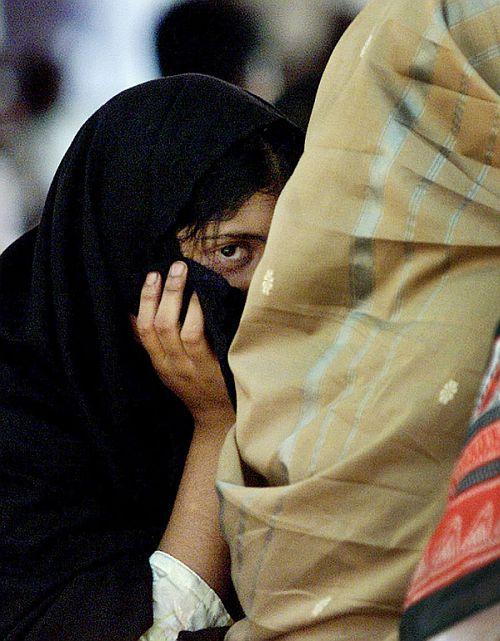
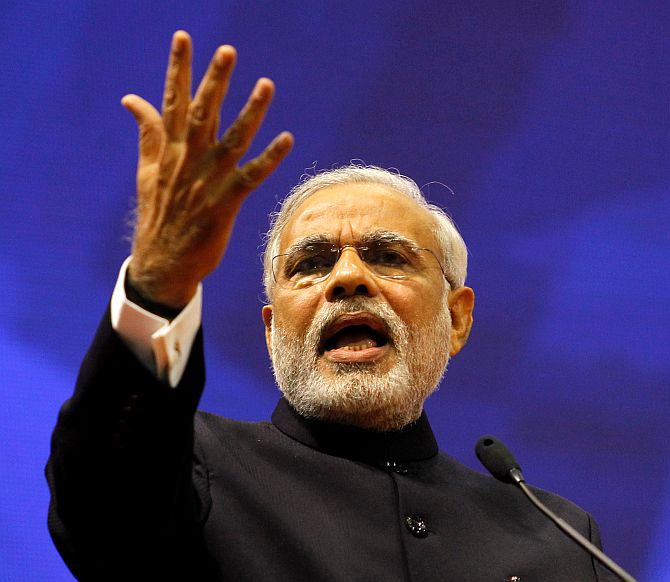
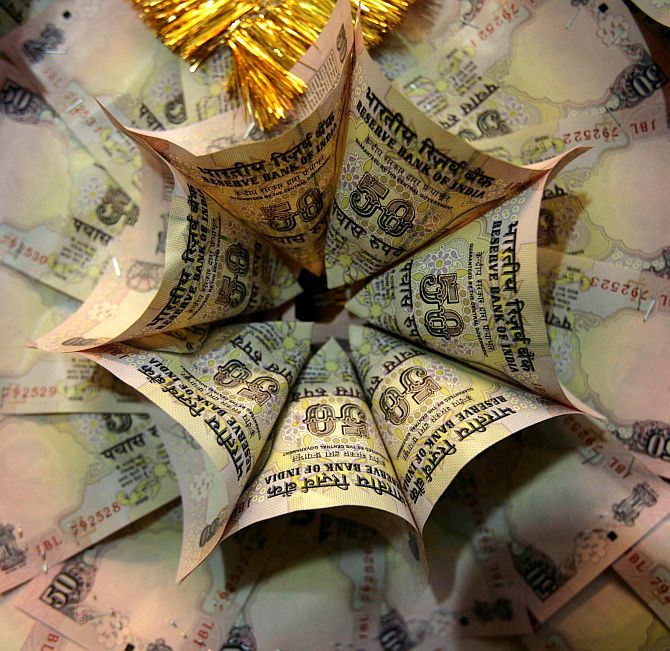

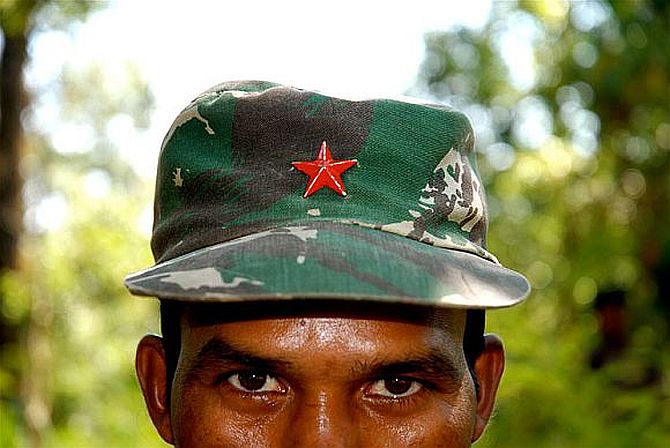

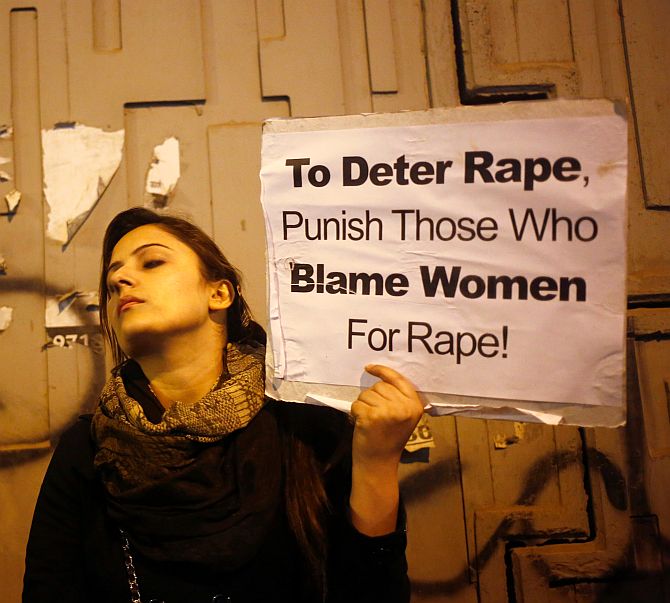
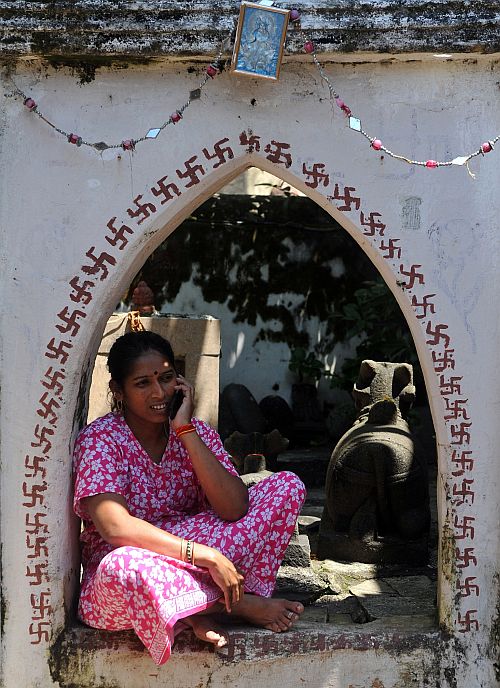
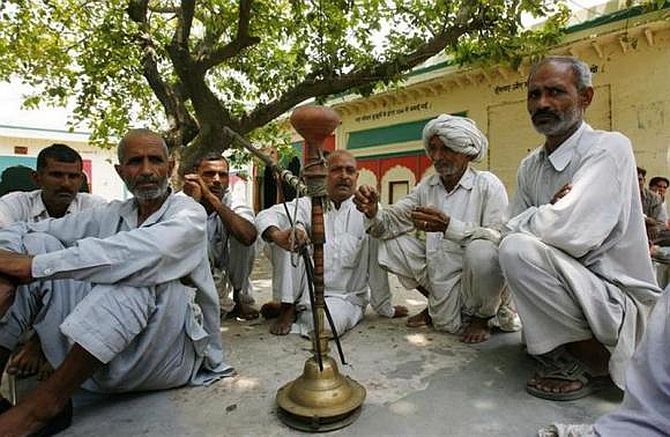
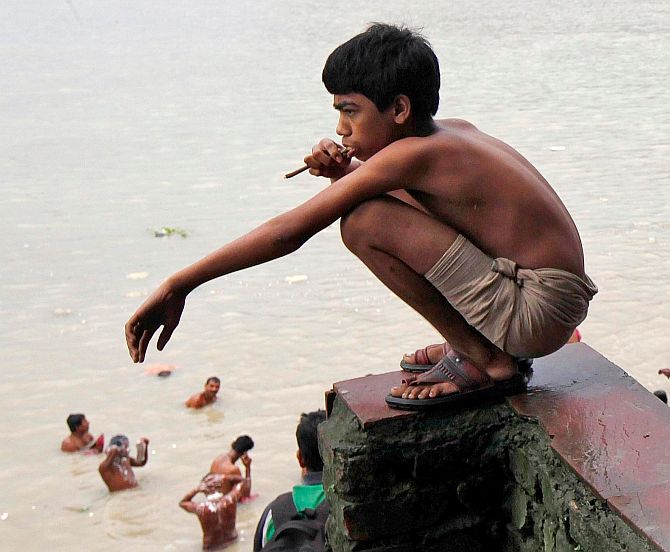
article